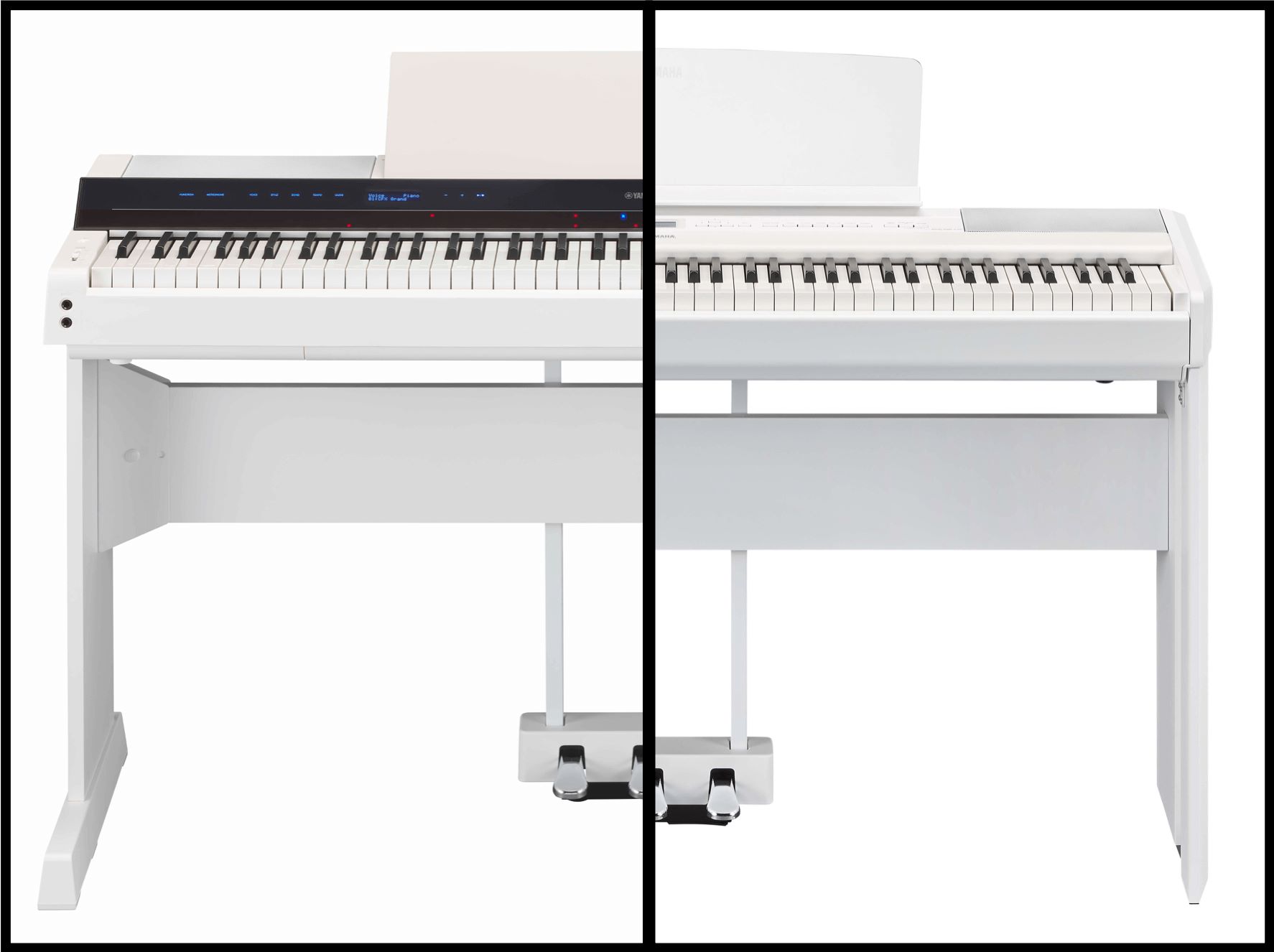Rover, a pet care-focused company, recently announced its decision to go private in a $2.3 billion all-cash sale to Blackstone. This move has surprised many, as it goes against the prevailing notion that blank-check companies are merely a way to burn through wealth. In this article, we will explore why Blackstone is willing to pay such a high price for Rover and what it tells us about the market for tech companies.
Key Takeaway
Rover’s $2.3 billion sale to Blackstone, at a significant premium, demonstrates the strong growth potential of niche tech companies and the viability of SPACs as a means of raising capital. The deal underscores the importance of innovative ideas and the value they can create in the market, while also highlighting potential investment opportunities in undervalued SPAC’d public companies.
The Price Tag: Justifiable or Excessive?
Blackstone’s offer for Rover comes at a significant premium, with the private equity group paying 61% more than the company’s 90-day volume weighted average share price. While there is a 30-day shopping provision that allows other offers to emerge, it seems unlikely considering the premium offered by Blackstone.
Despite the hefty price tag, there are some notable factors that make this deal reasonable. First, Rover’s recent financial performance is impressive. In the third quarter of 2023, the company reported revenues of $66.2 million, representing a 30% increase compared to the same period last year. Furthermore, Rover achieved GAAP net income and surpassed its guidance for the quarter.
Looking ahead, Rover’s prospects seem promising. In 2023, the company is projected to achieve an 8.7x revenue run rate multiple, which is quite remarkable for a pet-focused e-commerce marketplace. These strong financial indicators provide tangible evidence of Rover’s potential and justify the high sale price offered by Blackstone.
Insights for Startups and SPACs
Rover’s deal with Blackstone holds important lessons for other startups in the tech industry. It demonstrates that even companies with niche focuses, like pet care, can attract substantial investment and high valuations. This highlights the continued appetite for innovative and disruptive ideas in the market.
Additionally, Rover’s successful journey from raising funds as a private company to going public via a SPAC indicates that blank-check companies can be effective vehicles for growth. Contrary to the perception that they are doomed to fail, Rover’s story shows that SPACs can play a vital role in a company’s evolution and create value for shareholders.
Furthermore, this transaction sheds light on the potential investment opportunities presented by certain SPAC’d public companies. Some of these companies may be currently undervalued, trading “like literal dogs,” and represent attractive bargains for discerning buyers who recognize their potential for growth and profitability.
Overall, Blackstone’s willingness to pay a substantial amount for Rover showcases their confidence in the company’s future prospects. This acquisition serves as a testament to the value of unique business models and the potential for significant returns in the pet care industry.

























